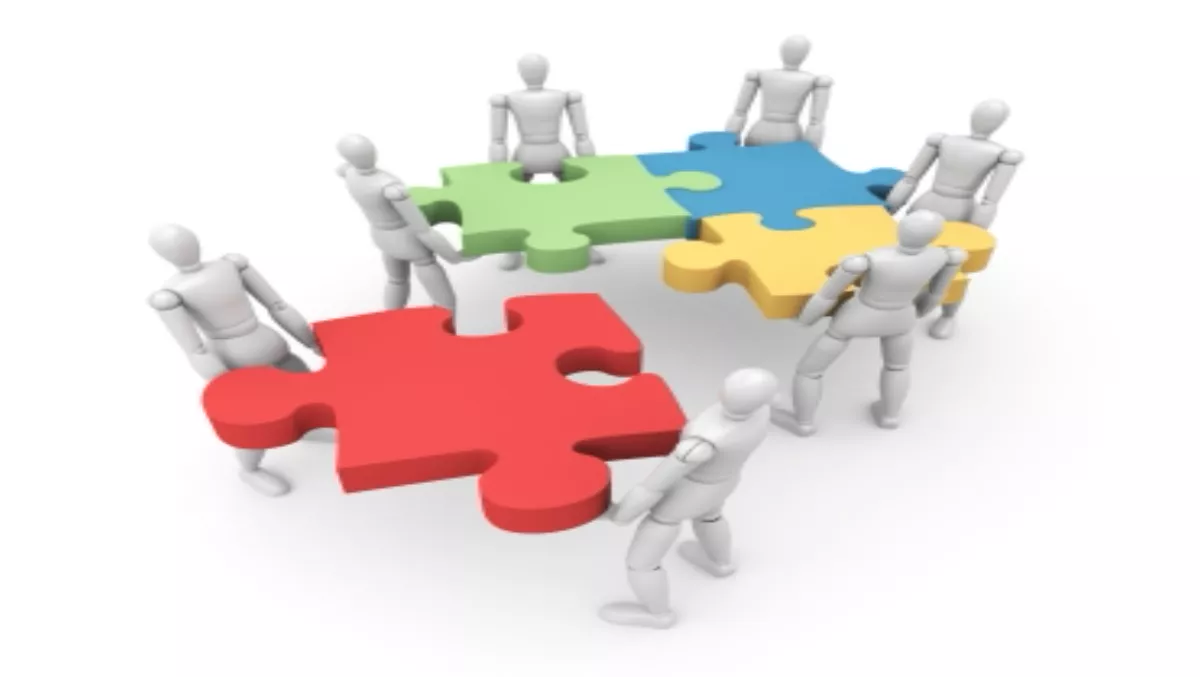
ERP gets social
Social media is influencing business systems in more ways than we can imagine. Over the last 24 months we have seen a rapid shift in the volume and nature of Web 2.0 technologies and applications that modern Enterprise Resource Planning (ERP) systems have had to support and integrate with. ERP software first emerged with mainframes in the ‘70s. The advent of client-server PC-based computing and ERP II in the ‘90s saw ERP extended to more users via integration with Customer Relationship Management (CRM), email and office tools like spreadsheets, and more recently access via the web - but that’s not enough. As ERP vendors have grappled to meet the increasing challenges posed by the ‘social media generation’, ERP systems have been transformed with an array of capabilities including wiki-enabled features, RSS integration, tailored enterprise search capabilities, integration with social media sites including Facebook, support for IE, Safari, Firefox and Chrome browser clients and mobility capabilities with integration for mobile devices including Blackberry, Windows Mobile, Symbian, Apple iPhone.At the forefront of any ERP system is a focus on delivering improved business productivity. This is also the case for next generation ERP systems. However, the increased emphasis on the customer. has never been more prominent than since the advent of social media.Customer relationship management strategies are as important to business today as they have ever been. For this reason we are seeing a greater propensity of ERP systems offering integrated CRM capabilities as part of the broader ERP platform.It is no longer enough for ERP systems to offer ‘the integration strength’ to work with third party or stand alone CRM solutions. In order for businesses to truly engage with their customers across every communication channel and business tool available, they need to invest in IT solutions that offer social media capabilities.Next generation ERP systems integrated with CRM provide a 360-degree view of the entire customer, supplier or partner relationship, regardless of position in the customer lifecycle. By offering an end-to-end ERP platform with an integrated CRM offering, which offers deep industry-specific functionality, businesses are empowered to broaden the scope of customer information to everyone within the organisation and to stakeholders beyond, through the contextual delivery of essential customer data, wherever it's needed.With more people doing their job 'on the move', out on client sites, in warehouses, remotely from home, and not in a traditional office, mobile devices of all sorts are becoming important business tools. These changes have to be reflected in the ERP system to ensure that all staff, regardless of their location, can access vital information in order to carry out their duties effectively.As opposed to traditional access through networked PCs, ERP systems can be accessed on laptops through Microsoft Office applications, via the internet, as well as through mobile devices like the iPhone. The system is as flexible as the user - when they want to add something it doesn't matter if they're not connected to the internet at the time. Connections and updates can happen in real time, offline or online, and can be synchronised at the user’s convenience rather than when they're sitting at a desk in an office.Inevitably, having greater access to business critical information, including important customer data through mobile ERP applications, is also having a substantial impact on the way businesses are engaging with customers. Remote workers can update customer information to their CRM systems by leveraging the mobile capability of today’s next generation ERP systems.Epicor recognised that business software requirements were changing as early as 2002 when it introduced its first business software built from the ground up using 100% service-oriented architecture (SOA) and based on Microsoft .NET technologies. Epicor realised that SOA alone was not enough to allow it to offer the type of business software it needed to help customers achieve their goals and stay ahead of the competition. What makes our approach to SOA different is a unique technology that stores all user interface attributes as XML metadata. This permits Epicor applications to run as smart clients or web clients or on mobile devices, all from the same source code. Because it all starts from the same metadata, customisation and user personalisation remains intact, whatever the user interface.

